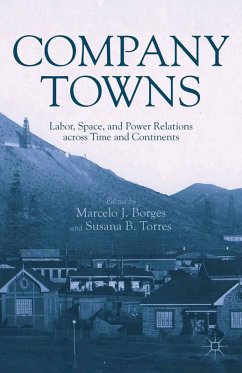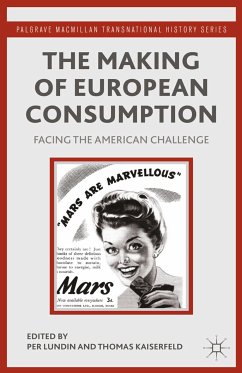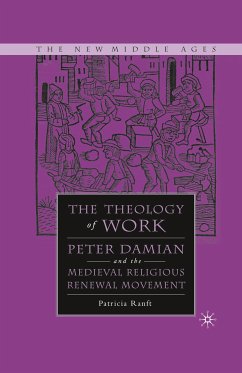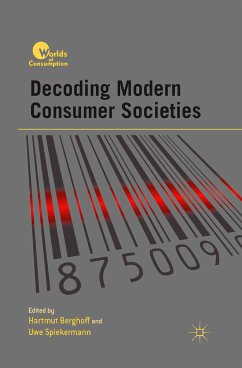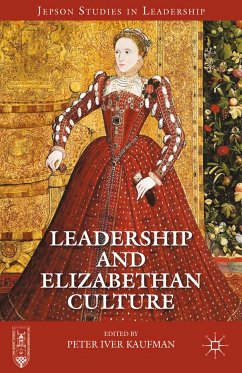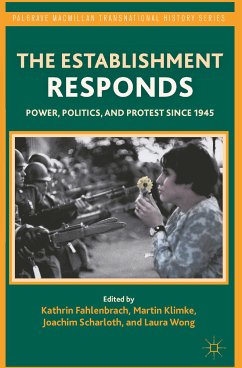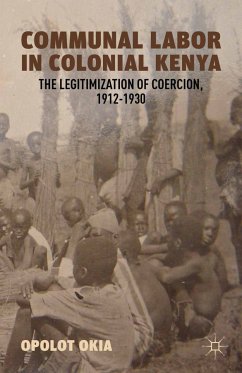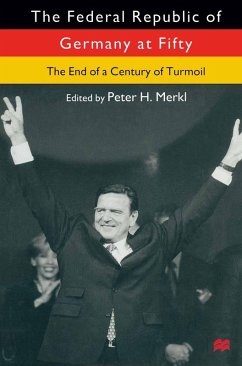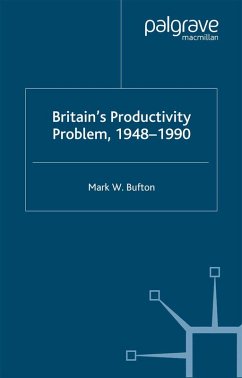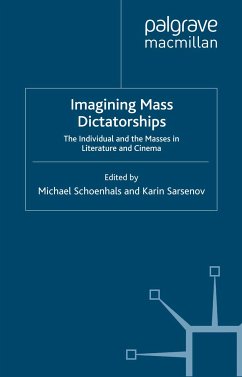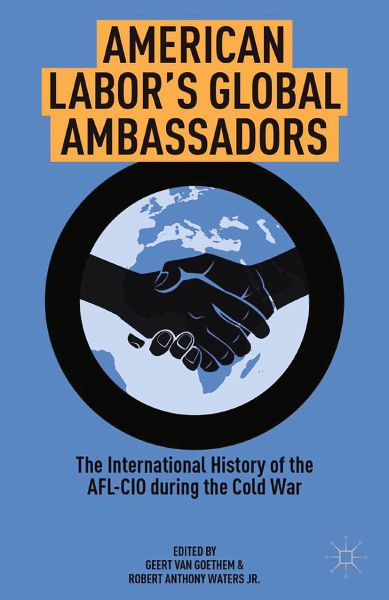
American Labor's Global Ambassadors (eBook, PDF)
The International History of the AFL-CIO during the Cold War
Versandkostenfrei!
Sofort per Download lieferbar
80,95 €
inkl. MwSt.
Weitere Ausgaben:

PAYBACK Punkte
40 °P sammeln!
After World War II, the AFL-CIO pursued an ambitious agenda of containing global communism and helping to throw off the shackles of colonialism. This sweeping collection brings together contributions from leading historians to explore its successes, challenges, and inevitable compromises as it pursued these initiatives during the Cold War.
Dieser Download kann aus rechtlichen Gründen nur mit Rechnungsadresse in A, B, BG, CY, CZ, D, DK, EW, E, FIN, F, GR, HR, H, IRL, I, LT, L, LR, M, NL, PL, P, R, S, SLO, SK ausgeliefert werden.



